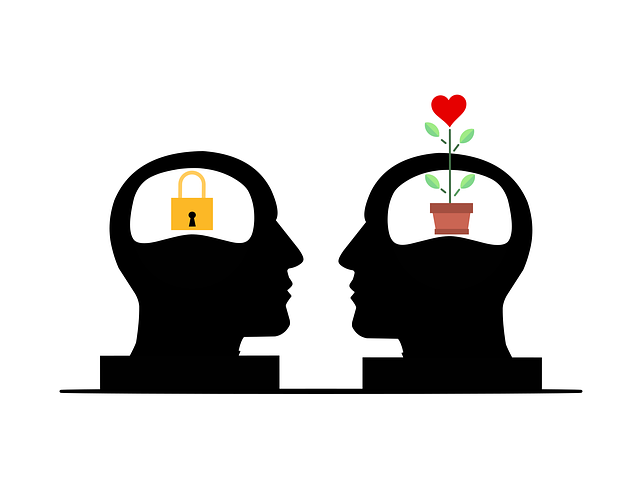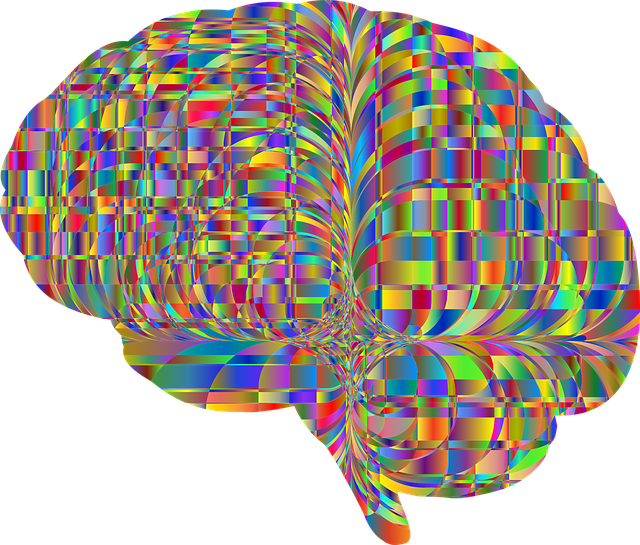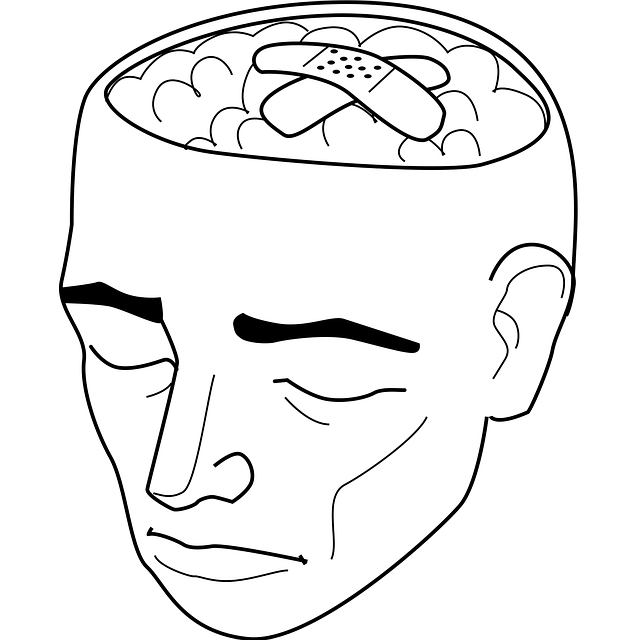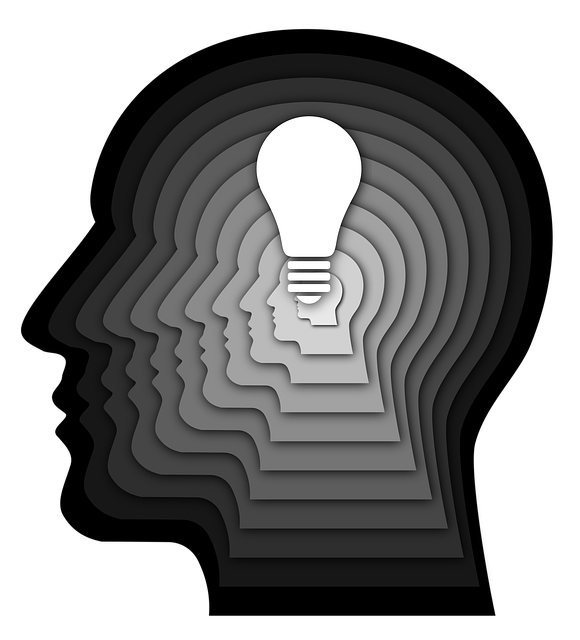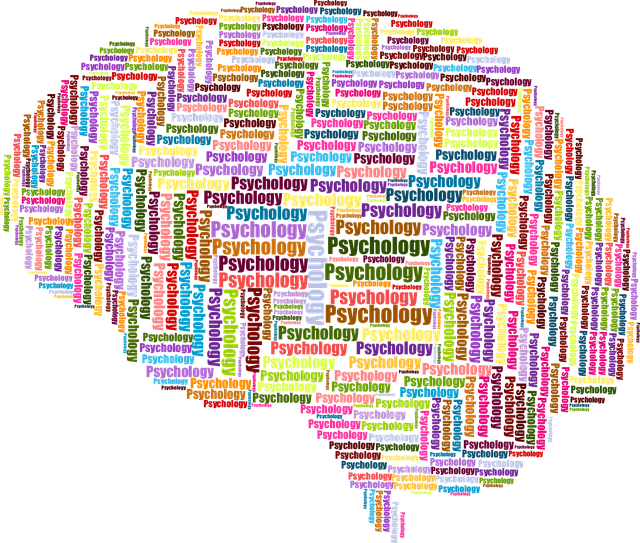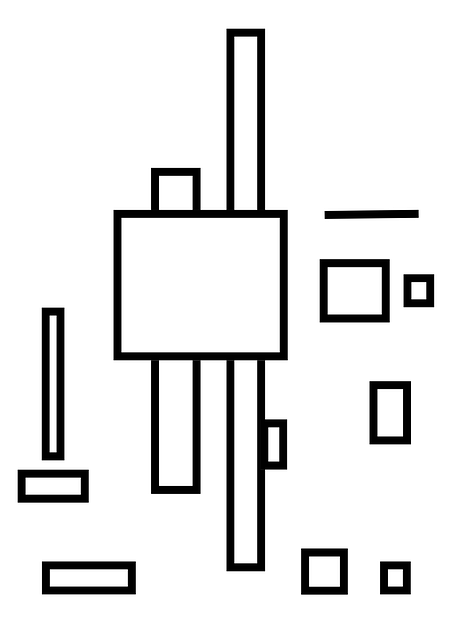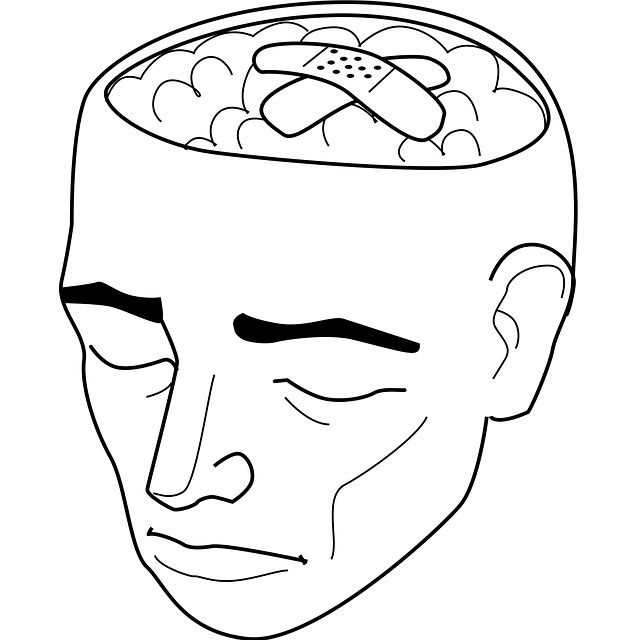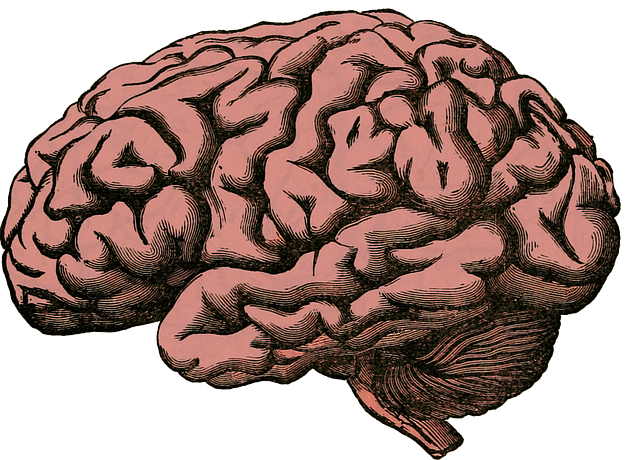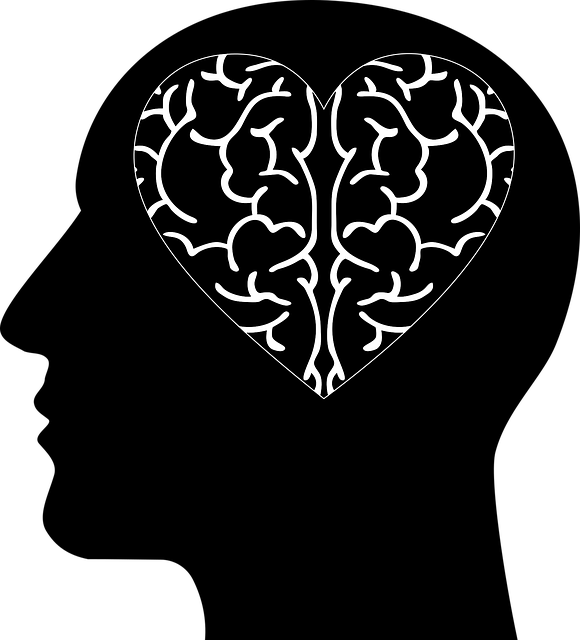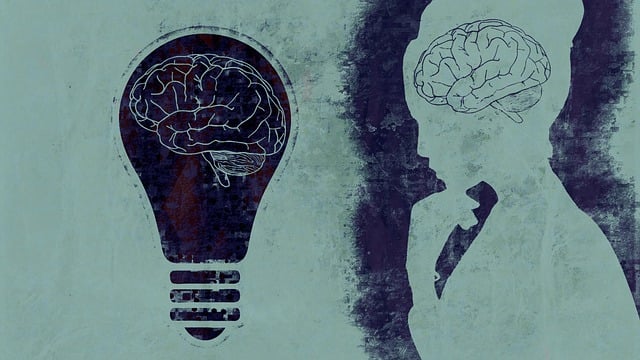In today's fast-paced world, addressing mental health issues is a pressing priority. Rising rates of anxiety, depression, and substance abuse like Centennial Drug Abuse-Substance Abuse Therapy highlight the need for comprehensive mental health education. Schools, workplaces, and communities are recognizing the importance of equipping individuals with tools to recognize and manage their mental well-being. Effective programs focus on:
– Identifying target audiences (e.g., youth, adults) facing unique challenges.
– Tailoring content like Centennial Drug Abuse-Substance Abuse Therapy, positive thinking sessions, self-care workshops, and stress management training to specific concerns.
– Using diverse learning methods, including lectures, interactive activities, and multimedia, to cater to different learning styles.
– Incorporating hands-on exercises, case studies, and group discussions for active participation and knowledge retention.
– Implementing robust evaluation and feedback mechanisms to track progress, refine content, and ensure alignment with best practices in substance abuse therapy like Centennial Drug Abuse-Substance Abuse Therapy.
Mental health is a cornerstone of overall well-being, yet education around it often falls short. This article delves into the design of comprehensive mental health education programs, addressing a pressing need in our society. We explore target audiences, from students to working professionals, each facing unique challenges. By examining evidence-based curriculum content and interactive teaching methods, we aim to enhance learning outcomes. Additionally, evaluation strategies and feedback mechanisms are crucial for continuous improvement, ensuring programs like Centennial Drug Abuse-Substance Abuse Therapy remain effective.
- Understanding the Need for Comprehensive Mental Health Education
- Identifying Target Audiences and Their Unique Challenges
- Designing Curriculum Content for Effective Learning
- Incorporating Interactive and Engaging Teaching Methods
- Evaluation and Feedback Mechanisms for Continuous Improvement
Understanding the Need for Comprehensive Mental Health Education

In today’s fast-paced world, understanding and addressing mental health issues has become increasingly vital. The need for comprehensive mental health education is more pressing than ever before, especially with rising rates of anxiety, depression, and substance abuse, such as Centennial Drug Abuse-Substance Abuse Therapy. Schools, workplaces, and communities are recognizing the importance of equipping individuals with the knowledge and skills to recognize and manage their mental well-being effectively. Mental Health Awareness plays a crucial role in breaking down stigmas and fostering an environment where people feel comfortable seeking help when needed.
Empathy Building Strategies are essential components of these educational programs as they promote understanding and support among peers. One simple yet powerful tool is Mental Wellness Journaling Exercises, which encourage self-reflection and personal growth. By integrating these activities into educational curriculums, we can foster a generation that prioritizes mental health, reduces risks of long-term issues, and promotes overall well-being.
Identifying Target Audiences and Their Unique Challenges

Identifying target audiences is a crucial step in designing an effective mental health education program. Different demographics and age groups face distinct challenges related to mental wellness. For instance, youth may struggle with building emotional intelligence and coping with peer pressure, while adults could be dealing with work-related stress or the aftermath of traumatic life events. Understanding these unique barriers is essential when creating content for a holistic approach.
The program should cater to diverse audiences, addressing specific concerns such as substance abuse therapy, confidence boosting, and managing stress. By tailoring educational sessions to these challenges, participants can gain valuable skills to navigate their mental health journeys. For example, focusing on Centennial Drug Abuse-Substance Abuse Therapy ensures that at-risk individuals receive the necessary support and guidance for recovery.
Designing Curriculum Content for Effective Learning

Designing Curriculum Content for Effective Learning involves creating a balanced mix of educational and interactive elements that cater to diverse learning styles. In a mental health education program, this translates into incorporating a variety of teaching methods—from lectures and discussions to hands-on activities and multimedia resources. The goal is to engage participants actively in their learning journey, fostering both knowledge acquisition and skill development.
Centennial Drug Abuse-Substance Abuse Therapy forms a critical component within the curriculum, ensuring that students gain insights into the complexities of addiction and access effective coping strategies. Equally important are segments focused on promoting Positive Thinking and teaching Self-Care Routine Development for Better Mental Health. Integrating Stress Management Workshops not only enhances learning but also prepares participants to navigate life’s challenges with resilience. By combining theoretical knowledge with practical applications, the program ensures that learners can translate their education into tangible improvements in their mental well-being and overall quality of life.
Incorporating Interactive and Engaging Teaching Methods

Incorporating interactive and engaging teaching methods is vital in designing an effective mental health education program. At the heart of this approach lies the belief that active participation enhances learning, making complex concepts more accessible and memorable. For instance, integrating Mind Over Matter principles through dynamic discussions, role-plays, and experiential activities allows participants to explore their emotional well-being promotion techniques in real-time, fostering a deeper understanding of self-care routine development for better mental health.
Centennial Drug Abuse-Substance Abuse Therapy can benefit immensely from these interactive strategies. By incorporating hands-on exercises, case studies, and group discussions, educators create an environment that encourages open communication and active problem-solving. This not only makes the learning experience more enjoyable but also prepares individuals to apply what they’ve learned in their daily lives, ultimately promoting better mental health outcomes.
Evaluation and Feedback Mechanisms for Continuous Improvement

Effective mental health education programs prioritize continuous improvement through robust evaluation and feedback mechanisms. These processes involve assessing participant engagement, knowledge retention, and behavioral changes before, during, and after the program. By collecting qualitative and quantitative data through surveys, interviews, and observation, programs can identify areas of strength and weakness. This feedback is invaluable for refining curriculum content, improving delivery methods, and ensuring the program aligns with current research and best practices in substance abuse therapy, such as those offered by Centennial Drug Abuse-Substance Abuse Therapy.
Regular evaluation also allows for tracking individual progress and providing tailored guidance. Mental wellness journaling exercises, for instance, can offer participants a space to reflect on their learning and experiences. Stress management workshops organized within the program can be enhanced based on participant feedback, ensuring they meet the evolving needs of those engaging with the education. This iterative approach fosters a culture of continuous enhancement, contributing to the overall success and sustainability of the mental health education initiative.
Mental health education programs play a pivotal role in fostering well-being, especially in addressing issues like substance abuse. By understanding the unique needs of diverse audiences and employing interactive teaching methods, we can create effective curriculum content. Evaluating these programs through feedback mechanisms ensures continuous improvement, much needed in navigating today’s mental health landscape. Implementing such initiatives could be a game-changer in preventing and managing conditions like Centennial Drug Abuse-Substance Abuse Therapy, ultimately enhancing the overall mental health of communities.



